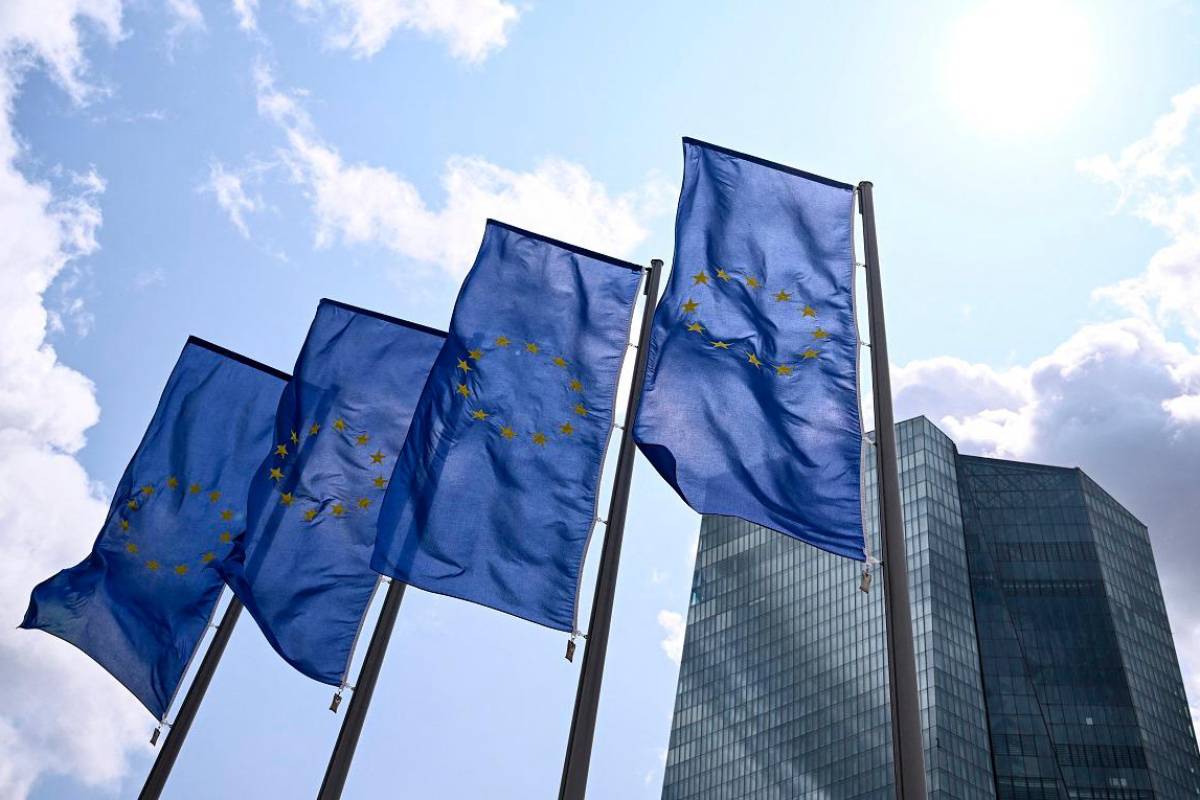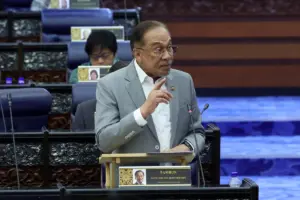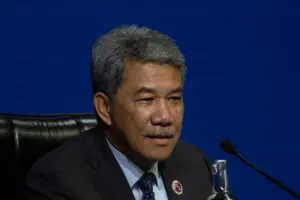BRUSSELS: The European Union announced on Tuesday that it will seek a new one-year postponement for its comprehensive anti-deforestation regulations.
These rules have been praised by environmental organisations but criticised by major trading partners like the United States and Indonesia.
The legislation, which prohibits imports of products linked to deforestation, is currently scheduled to come into effect at the end of this year.
The European Commission stated that the necessary supporting IT system is not yet ready for implementation.
This would mark the second delay for the law, which was passed in 2023 and initially set for late 2024 before being postponed to late 2025.
Commission spokesman Olof Gill explained at a Brussels press conference that meeting the original deadline would cause disruptions to businesses and supply chains.
The EU executive will therefore propose delaying the law’s entry into force by an additional year until late 2026.
This postponement requires approval from EU member states and the European Parliament.
The decision brings renewed attention to the EU’s environmental commitments amid growing pressure from governments and industry.
The announcement came hours after the commission finalised a free-trade agreement with Indonesia, a prominent critic of the deforestation law.
Environment commissioner Jessika Roswall insisted that the two developments were completely unrelated.
Environmental groups celebrated the law’s adoption as a significant advancement for nature protection and climate change mitigation.
It bans a wide range of goods including coffee, cocoa, soy, timber, palm oil, cattle, printing paper, and rubber if produced on land deforested after December 2020.
Companies importing these products into the EU’s 27 nations must track their supply chains to prove goods did not originate from deforested areas using geolocation and satellite data.
The ban has faced opposition from trading partners such as Brazil and the United States, along with some EU capitals, over concerns about bureaucracy, costs, and implementation clarity.
Partly due to this opposition, the law’s implementation was already pushed back by 12 months in 2024.
The commission cited serious capacity concerns with the IT system designed to support the rules as the reason for the new delay.
Gill stated that more time is needed to ensure the system operates smoothly and to avoid uncertainty for authorities and operational difficulties for companies.
This development occurs as climate issues have increasingly taken a backseat in Brussels, with global trade tensions and the Ukraine war shifting focus to industry and defence.
Environmental group Fern’s Nicole Polsterer described the delay as part of a wider battle between nature protection and destructive narrow self-interest.
She warned that each day of delay means more forests destroyed, more wildfires, and more extreme weather.
Critics argue the law places an excessively heavy administrative burden on farmers and companies.
WWF countered that a new delay would create massive stranded costs for firms that have already invested in compliance.
WWF’s forest policy manager Anke Schulmeister-Oldenhove said if the technical issue is genuine, it shows both incompetence and a lack of political will to invest in timely implementation. – AFP






